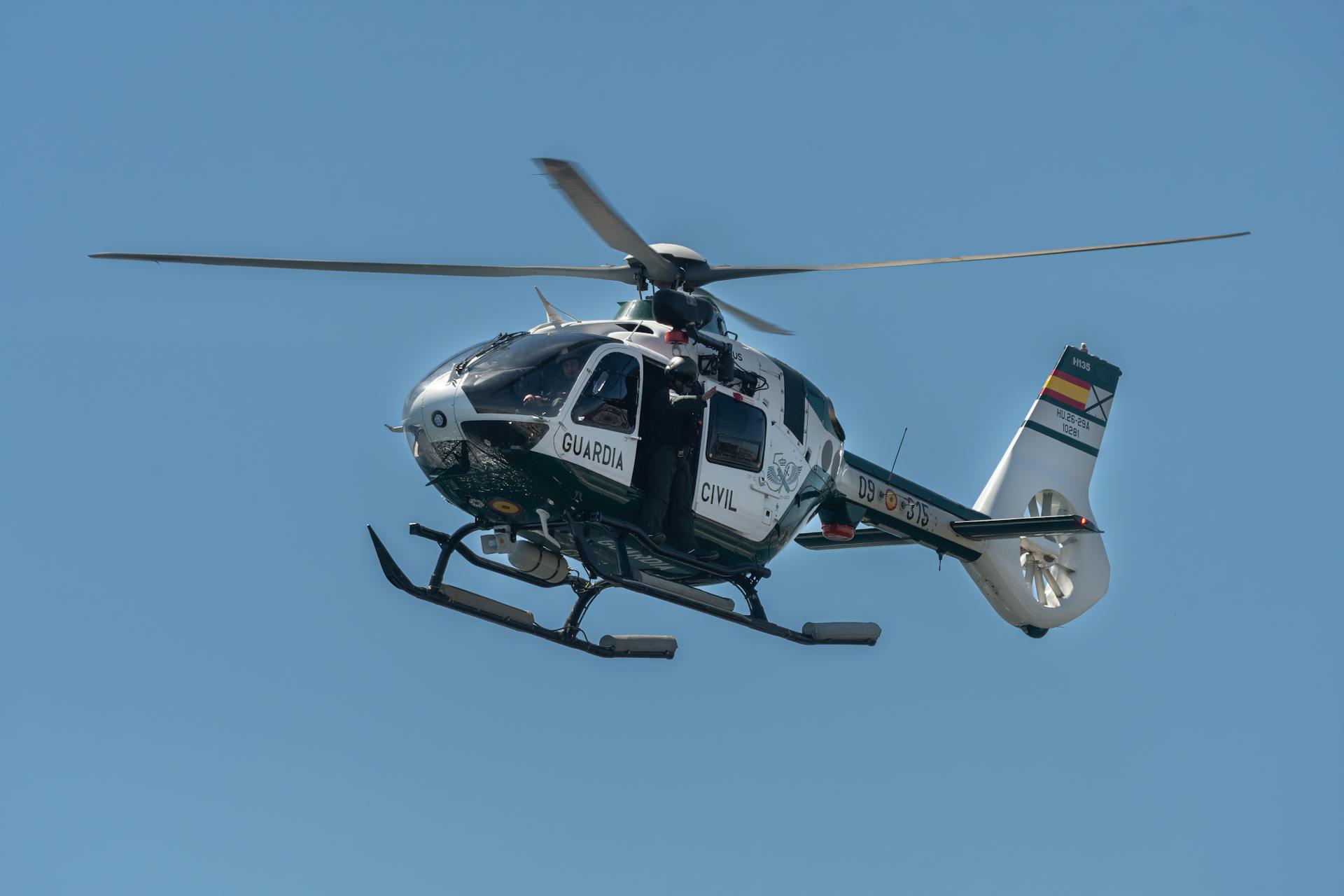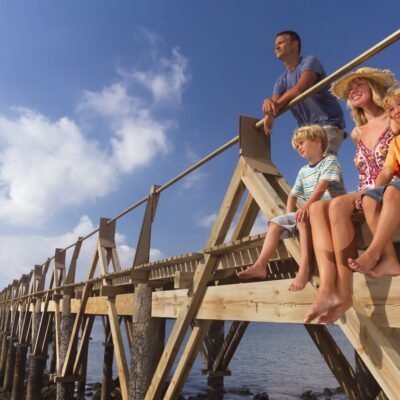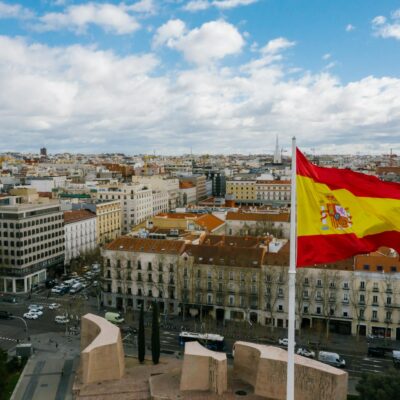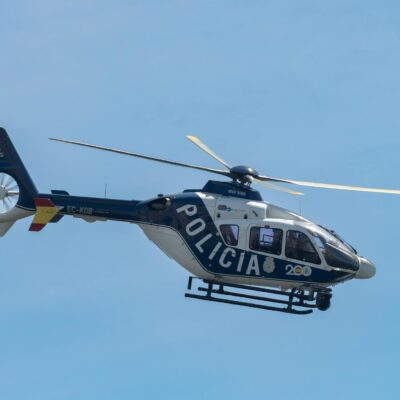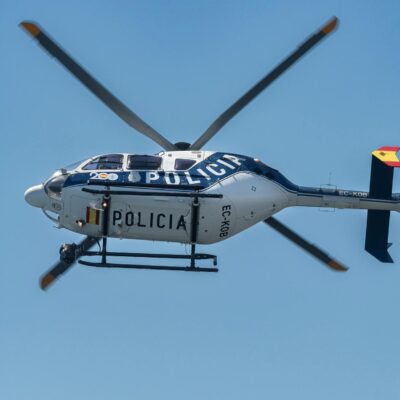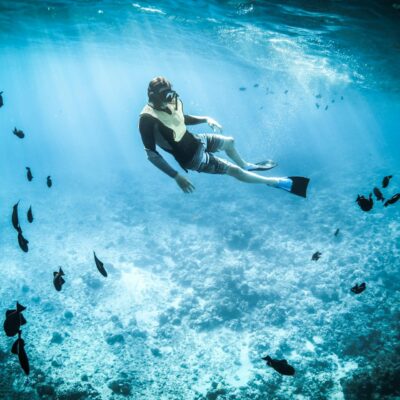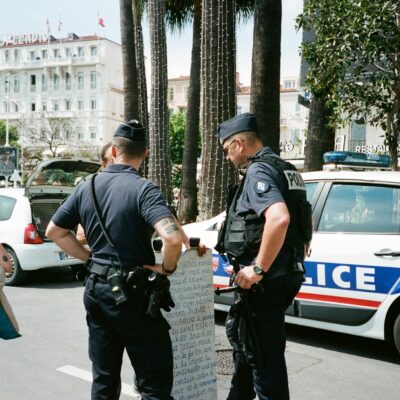Lanzarote is one of the safest islands in the Canary archipelago and a popular destination for millions of visitors every year. Although the island is calm, well-organised and known for very low levels of serious crime, it is still important for tourists to understand how the police system works, who to contact in an emergency, and what to expect when interacting with law enforcement. This guide explains the different police forces operating on the island, typical situations visitors may face and practical advice to make your stay safe and stress-free.
Police Forces Operating in Lanzarote
Spain has several police bodies, each with clearly defined responsibilities. All of them operate in Lanzarote, but tourists will usually encounter three main forces: Policía Local, Policía Nacional and Guardia Civil. Understanding the differences between them helps visitors know where to go and who to contact depending on the situation.
Policía Local
The Policía Local is the municipal police present in every town and village of Lanzarote. Their responsibilities include traffic control within towns, enforcing local bylaws, responding to minor disturbances, assisting with lost property, and helping locals and tourists with day-to-day issues. You will see Policía Local officers regularly in Puerto del Carmen, Costa Teguise, Playa Blanca, Arrecife, Tías, Teguise, Yaiza, Tinajo and Haría.
Policía Nacional
The Policía Nacional is a national force operating mainly in cities and larger towns. In Lanzarote, their main station is located in Arrecife, the island’s capital. Tourists typically deal with the Policía Nacional for filing reports related to thefts, lost passports or serious incidents requiring official documentation. They also handle identification checks and immigration-related matters.
Guardia Civil
The Guardia Civil is a national gendarmerie-style force covering much of the island’s rural areas, main roads, coastal zones and smaller towns. They manage traffic enforcement outside town centres, road safety, rural security, and coastal monitoring. They are also involved in search-and-rescue operations, mountain assistance and marine safety. You may see their patrols on highways, in countryside areas such as La Geria or around coastal regions near Órzola and Playa Blanca.
112 Emergency Coordination
In Lanzarote, all emergency calls are handled through the European emergency number 112. Operators can communicate in multiple languages and will dispatch the appropriate service: police, ambulance or fire brigade. This is the number to call in any urgent situation requiring immediate assistance.
Useful Emergency and Police Contact Numbers
- 112 – Emergencies (police, ambulance, fire). Multilingual operators.
- 091 – Policía Nacional.
- 092 – Policía Local.
- 062 – Guardia Civil.
These numbers work anywhere on the island. Police presence is well distributed, especially in tourist areas.
Common Reasons Tourists Contact Police in Lanzarote
Lanzarote is peaceful and trouble-free for the vast majority of visitors. However, like in any major holiday destination, occasional issues can occur. Police are accustomed to helping tourists and dealing with the following situations:
- Lost or stolen belongings.
- Pickpocketing in crowded places such as promenades, markets or buses.
- Damage to rental vehicles or traffic incidents.
- Reporting accidents on the road or while hiking.
- Suspicious behaviour or scams targeting visitors.
- Lost property left in taxis, beaches or shops.
- Lost passports or identification documents.
Police in Lanzarote are experienced in assisting foreign visitors and handle these situations professionally.
Police Presence in Popular Tourist Areas
The island maintains a visible police presence throughout the year, with increased patrols during peak tourist seasons. The most frequently patrolled areas include:
Puerto del Carmen
The Avenida de las Playas promenade, beaches, nightlife zones and shopping streets have regular Policía Local and Guardia Civil patrols. Weekends and evenings may have additional monitoring due to nightlife activity.
Costa Teguise
Patrols are common near Playa de las Cucharas, Pueblo Marinero, the seafront and popular market areas.
Playa Blanca
The Marina Rubicón area, Playa Dorada, Playa Flamingo and the walkway towards Papagayo often have routine police presence, especially during busy hours.
Arrecife
As the island’s capital, Arrecife has stations for both Policía Nacional and Policía Local. The Charco de San Ginés, cruise ship port, bus station and main shopping areas are regularly monitored.
The preventive police presence helps maintain Lanzarote’s reputation as a safe and comfortable destination for families, couples and solo travellers.
How to File a Police Report in Lanzarote
If you need to file a police report (called a “denuncia”), you can do so at a Policía Nacional station in Arrecife or at a Guardia Civil post elsewhere on the island. Filing a report is straightforward and commonly done for thefts, lost property or incidents that require documentation for insurance claims.
To file a report:
- Bring your passport or official identification.
- Provide details of what happened (time, location, description).
- Include supporting information such as photos, receipts or serial numbers if available.
- Request a copy of the report, which is often needed for insurance or replacement documents.
Keep in mind that a police report cannot be used as travel documentation. If your passport is lost or stolen, your embassy or consulate must issue an emergency travel document.
ID Requirements for Tourists in Lanzarote
Spanish law requires individuals to be able to identify themselves when requested by police. Tourists are not required to carry their physical passport at all times, but they must be able to produce identification when asked.
Recommended:
- Carry a photocopy of your passport or ID card.
- Keep the original in your accommodation safe.
- Have a digital copy stored securely on your phone.
If identification cannot be verified, the police may accompany you to retrieve your original document.
Road Safety and Traffic Controls
Driving is popular in Lanzarote, and police regularly monitor road safety. The Guardia Civil is responsible for most traffic enforcement outside towns, while Policía Local manages traffic inside urban areas.
Common checks include:
- Alcohol and drug tests.
- Seatbelt enforcement for all passengers.
- Verification of driving licences and rental contracts.
- Speed controls on main roads such as LZ-2 and LZ-3.
- Parking regulations, especially near beaches and promenades.
On-the-spot fines can be issued for violations. Some fines may be reduced if paid promptly.
Hiking and Rural Safety
Lanzarote’s volcanic landscapes attract many hikers, especially in Timanfaya surroundings, La Geria, and the northern highlands near Haría. While trails are generally safe, the Guardia Civil occasionally assists with missing hikers or minor injuries. Visitors should prepare appropriately for heat, wind and isolated terrain.
How Police Support Tourism in Lanzarote
Police forces on the island have extensive experience dealing with international visitors, and English is commonly understood at major stations and tourist zones. The goal of local law enforcement is to maintain a safe and pleasant environment, resolve incidents efficiently and ensure that visitors feel supported.
Many tourists comment positively on police professionalism, clear communication, and fast response in emergencies.
Tips for Staying Safe During Your Visit
- Keep valuables secure in zipped bags or inside pockets.
- Use your accommodation safe for passports and extra cash.
- Stay alert in crowded areas such as promenades and markets.
- Do not leave belongings unattended on beaches.
- Follow police instructions calmly and respectfully.
- If renting a car, avoid leaving items visible inside.
- Call 112 immediately in any emergency.
Disclaimer
This article is based on accurate, publicly available information about police forces and emergency procedures in Lanzarote. Regulations may change over time. Visitors are responsible for checking the most up-to-date official information and following local laws at all times.

